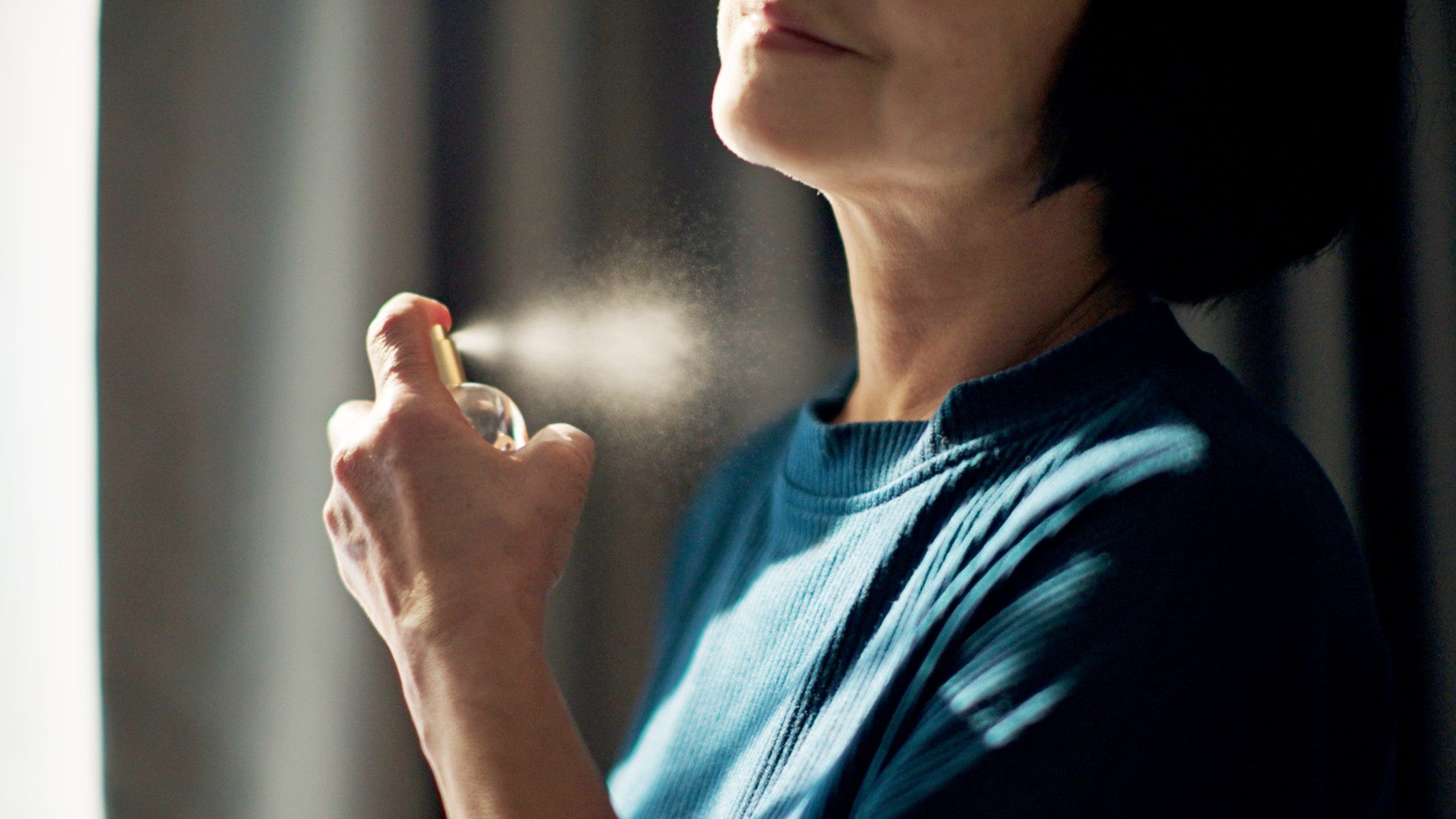NEWYou can now listen to Fox News articles!
Many people have posted on social media about the so-called “old people smell,” described as a faintly musty or greasy scent sometimes associated with older adults.
This phenomenon is more science than stigma, experts say.
“I think we all know this smell,” Dr. Dan Wesson, professor at the University of Florida College of Medicine, told Fox News Digital.
ALZHEIMER’S RATES HAVE REACHED STAGGERING NUMBER AS EXPERTS CALL FOR CHANGE
“Some describe it as dusty, like an old book. Others as oily or greasy. None of these, of course, are flattering descriptions, and that’s why this isn’t the kind of smell you want to label a person with,” he noted.

Many people have posted on social media about the so-called “old people smell,” described as a faintly musty or greasy scent sometimes associated with older adults. (iStock)
The biology of aging and body odor
The skin is the largest organ in the body, so it makes sense that it will undergo significant changes as the body ages, according to Wesson.
For most of our lives, body odor stems from sweat, bacteria and dead skin, which can be addressed with basic hygiene. But with aging, changes in skin composition and oil production make smells more complex, the expert noted.
“Skin cells accumulate damage over time,” he said — and those damaged cells can release compounds that contribute to odor.
HIGHER DEMENTIA RISK SEEN IN WOMEN WITH COMMON HEALTH ISSUE
A key culprit is 2-nonenal, a compound that emerges from lipid oxidation, which is the process of fats in the cells breaking down due to imbalances in the body, studies show.
This compound is unique to aging skin and has a greasy, cardboard-like odor.

For most of our lives, body odor stems from sweat, bacteria and dead skin, which can be addressed. But as we age, that changes. (iStock)
2-nonenal is not easily washed off with regular hygiene practices, “by nature of its fatty composition,” Wesson said.
“This is why managing this body odor requires more complex solutions,” he said.
Wesson suggests taking a more holistic approach by eating antioxidant-rich foods like fruits and vegetables, staying hydrated and using antioxidant skincare.
Other contributing factors
Some medications — including those for high cholesterol, ADHD or depression — could also impact the body’s metabolism and how much it sweats, contributing to odor, according to Wesson.
CLICK HERE TO GET THE FOX NEWS APP
Hormones can also influence how people smell. Post-menopausal women often experience changes in skin and scent due to declining estrogen levels, studies show.
“Hormone replacement therapy can ward off some changes that may alter body odor – though [HRT] is not without risks and should be discussed carefully with your doctor,” Wesson said.

Some medications — including those for high cholesterol, ADHD or depression — could also contribute to odor. (iStock)
Olfactory red flags
Not all odor changes are normal, experts warn.
“A sudden change in body odor can be a warning sign of an underlying health issue,” Wesson warned.
CLICK HERE TO SIGN UP FOR OUR HEALTH NEWSLETTER
Diseases like cancer and dementia, for example, can alter body chemistry and scent.
“If your loved ones report a sudden change, you should consult your doctor,” Wesson advised.

“If your loved ones report a sudden change, you should consult your doctor,” a medical expert advised. (iStock)
Some people may worry about how they smell even when others wouldn’t notice. That concern could stem from parosmia, a distorted sense of smell, or olfactory hallucinations, where unpleasant smells are imagined.
“People can perceive odors that aren’t there at all,” Wesson said. “It’s important to consider whether it’s a real odor or just a change in perception.”
For more Health articles, visit www.foxnews.com/health
By understanding the biology behind age-related odor and taking a proactive approach to health and skincare, this condition can be managed, experts say.
(Except for the headline, this story has not been edited by PostX News and is published from a syndicated feed.)

